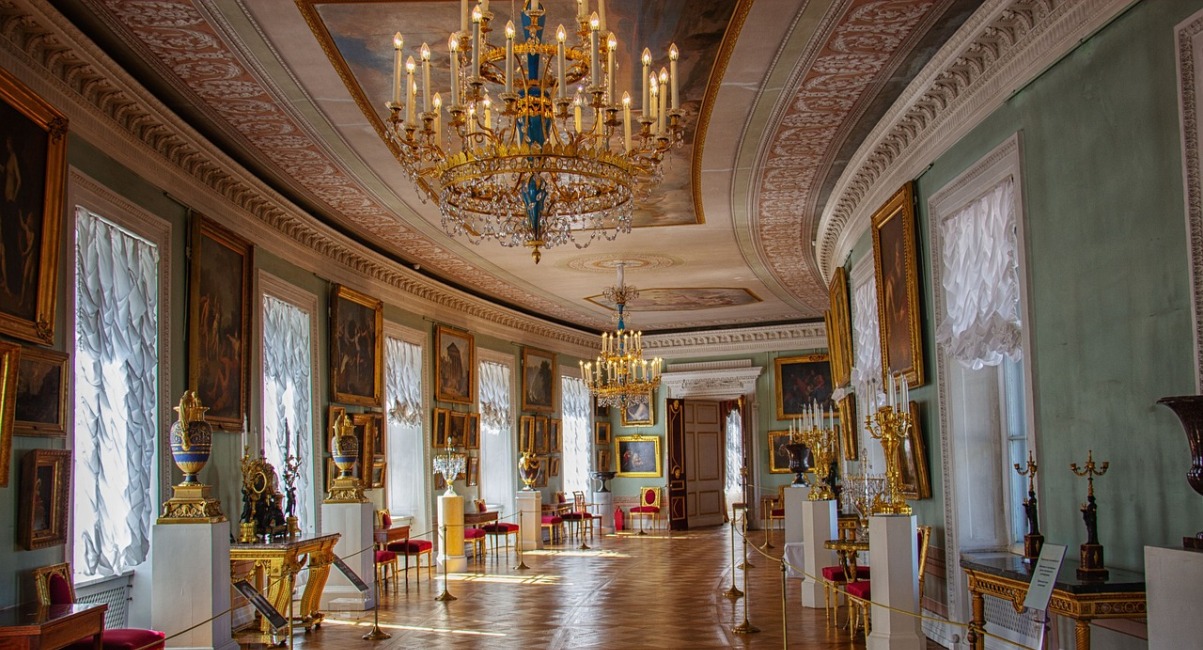HOME » NEWS » Expert Opinions » Expert Articles about Smart Tourism » The Digitalization of Museums
THE DIGITALIZATION OF MUSEUM

The digitalization of museums is really important, and it can be done in the conditions of financial shortages and the Covid-19 pandemic.
Based on its international experience, Center Smart Tourism would like to share its thoughts on the digitalization of museums in this article.
Of course, it would be nice to digitize everything possible in the museum: accounting of funds, energy efficiency calculations, general accounting, and so on; but it requires a lot of financial and human resources.
However, there are 2 things that can be done today; and regarding finance and resources, any museum can do this:
- Robotization and automation of tours
- Setting up and organizing the online work
Why do we recommend starting the digitalization process from these 2 points? Because the first step completely conveys the content of the museum to visitors in different languages, and the second one – because now more and more people prefer to search all the information online.
How to robotize and automate tour activities?
Already, there are special free information platforms that allow museums to place content (audio, video, photos, text) and share this content with the visitors through their own smartphones at the right time in the right place by geo-location or QR code. Essentially, the visitor’s smartphone becomes an audio guide and assistant. Being open online, the content becomes a virtual tour. In particular, we have already made guides for many museums on the izi.TRAVEL platform. In addition, the placement of content on the platform is completely free, and museums have to pay only for the creation of content, its translation and voicework in different languages.
This kind of digitalization gives visitors a better understanding of the museum, its history and exhibits, and increases their loyalty. In addition, there is no need to maintain a large staff of guides who speak foreign languages.
There is no need to be a programmer to use the system; it is enough to have basic computer skills.
How to improve the online presence of the museum?
In modern conditions, the solution to this problem is not in open data or any special technologies. It is enough to be natural, which means that museums should be represented online exactly by museums, then modern search engines and social networks will recognize this phenomenon and give the relevant information to users who are interested in this topic.
In this case, the content should be relevant and in compliance with the information search criteria. One of the main criteria is EAT (Expertise, Authoritativeness, Trustworthiness). It would seem that museums should have everything in order with this, but in real life the internal content of the museum is rarely correctly placed on the museum’s website, social networks and other platforms, which is why search engines and social networks simply cannot give users the information they need.
Despite the task might look simple, many museums often neglect the correct placement of information online and, accordingly, lose their potential visitors. This is especially true for foreign tourists who may simply not know about the existence of such a museum.
This problem can be solved by an “outside perspective”, when an agency like us impartially assesses the state of information about a museum posted on the Internet, and creates a report with recommendations for improving the work in this direction. Moreover, the recommendations are structured in a way that not only a programmer or web designer, but any museum employee or manager, who is responsible for the online presence of the museum, could apply these recommendations in practice.
As you can see, for the phased digitalization of museums, there is no need in any special technologies or huge resources; it is enough to correctly use the existing ones. We are ready to cooperate with museums around the world, and open to any questions on the topic of digitalization.
If you are interested in more detailed information, please contact us by email info@centersmarttourism.com or in another convenient way.
Author: Dmitriy Tin – founder of Center Smart Tourism GmbH
Editing and translation into English: Leonid Andrianov